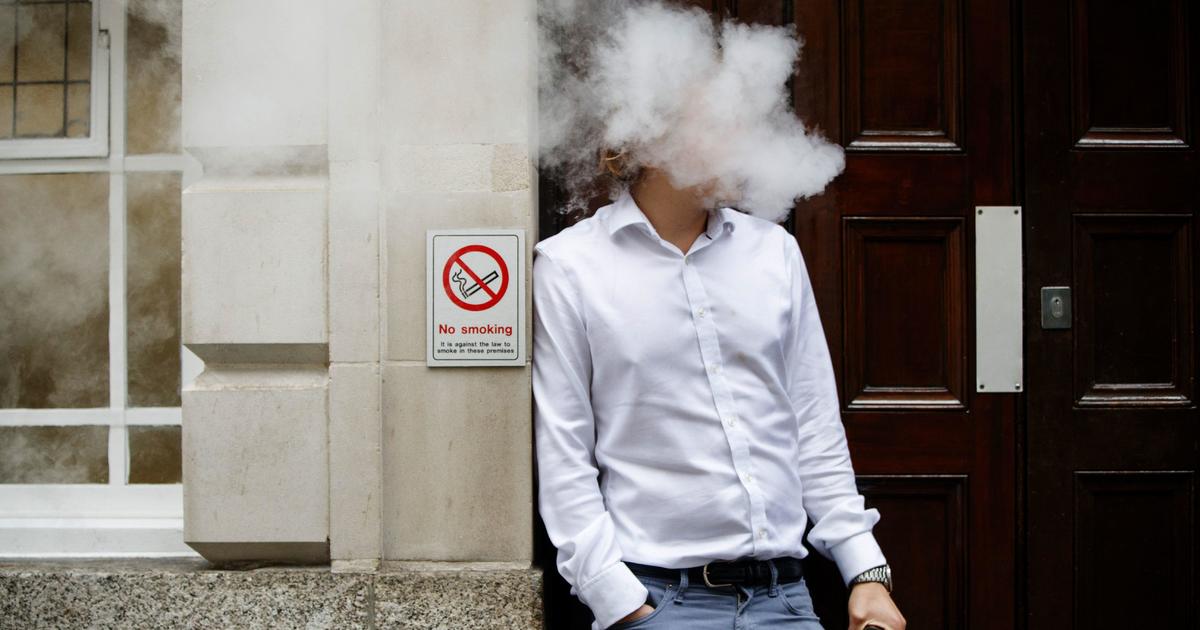Health care workers say workplace harassment doubled from 2018 to 2022, survey finds
U.S. health care workers are dealing with more than double the rate of workplace harassment compared to pre-pandemic times, according to new survey data.
The findings, published in the Centers for Disease Control and Prevention's Vital Signs report Tuesday, show that in 2022, 13.4% of health workers said they'd been harassed at work, up from 6.4% in 2018.
Harassment, as defined in the report, includes "threats, bullying, verbal abuse, or other actions from patients and coworkers that create a hostile work environment."
The survey also found health workers who reported being harassed also had increased odds of reporting anxiety, depression and burnout compared to those who weren't harassed.
Staffing shortages also played a role in health workers reporting poorer mental health.
From 2018 to 2022, a higher percentage of health workers (25.7% vs. 32%) reported there were often not enough staff members where they worked.
"Health workers who reported that there were not enough staff members had 1.91 times the odds of reporting symptoms of anxiety and 2.73 times the odds of reporting burnout compared with those who did not report staffing shortages," the report reads.
Positive working conditions, however, including trust in management and supervisor help, were linked with lower odds of burnout and poor mental health.
The report notes that CDC's National Institute for Occupational Safety and Health has developed a national campaign, called Impact Wellbeing, to provide resources for employers to help support the mental health of workers in the field.
Burnout in the health care industry is a widespread problem that long predates the COVID-19 pandemic, though the chaos introduced by the coronavirus's spread made things worse. Rates of physician suicide, partly fueled by burnout, have been a concern for decades.
Currently, the U.S. is dealing with an unprecedented shortage of nurses, which is contributing burnout and low morale.
As "CBS Evening News" anchor and managing editor Norah O'Donnell reported last year, the U.S. needs more than 200,000 new registered nurses every year until 2030 to meet the demand.
Caitlyn Hall, a nurse at Children's National Hospital in Washington, D.C., told O'Donnell she loves her job but the last few years haven't been easy.
"I think people are really exhausted," Hall said. "We've been relying on a lot of overtime these last few years to really fill kind of the holes on the unit."
—Lauren Sausser with KFF Health News contributed to this report.
for more features.



